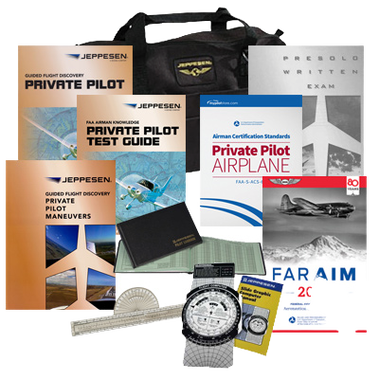Welcome to Flying
|
The Private Pilot Certification Course is generally the student’s first introduction to modern aviation. To be able to get your Private Pilots license you must be 17 years of age, be able to pass a FAA medical exam, pass a written, oral, and practical test with an examiner.
Applicant will receive on average 50 hours of flight training. The flight time consists of 40 hours dual and 10 hours solo. During this training students will learn pre-flight inspection, aircraft ground handling, emergency procedures, take-off, landing, radio procedures, cross country navigation, instrument, and other related exercises. To learn more about our Private Pilot Program and how to get your private pilot license, contact us today! |
